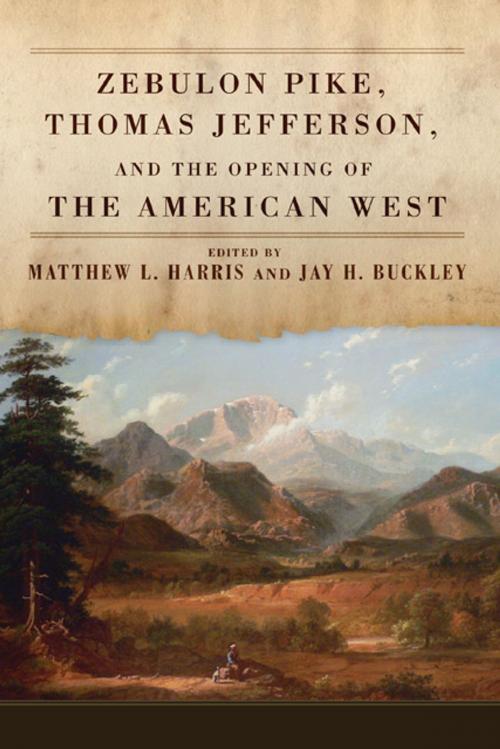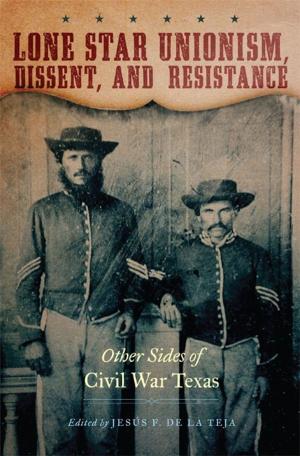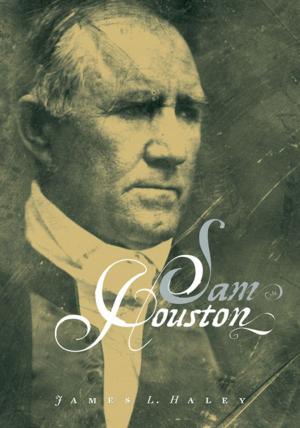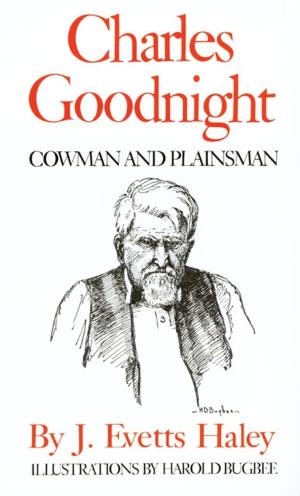Zebulon Pike, Thomas Jefferson, and the Opening of the American West
Nonfiction, History, Americas, United States, 19th Century, Biography & Memoir| Author: | ISBN: | 9780806188447 | |
| Publisher: | University of Oklahoma Press | Publication: | November 21, 2012 |
| Imprint: | University of Oklahoma Press | Language: | English |
| Author: | |
| ISBN: | 9780806188447 |
| Publisher: | University of Oklahoma Press |
| Publication: | November 21, 2012 |
| Imprint: | University of Oklahoma Press |
| Language: | English |
In life and in death, fame and glory eluded Zebulon Montgomery Pike (1779–1813). The ambitious young military officer and explorer, best known for a mountain peak that he neither scaled nor named, was destined to live in the shadows of more famous contemporaries—explorers Meriwether Lewis and William Clark. This collection of thought-provoking essays rescues Pike from his undeserved obscurity. It does so by providing a nuanced assessment of Pike and his actions within the larger context of American imperial ambition in the time of Jefferson.
Pike’s accomplishments as an explorer and mapmaker and as a soldier during the War of 1812 has been tainted by his alleged connection to Aaron Burr’s conspiracy to separate the trans-Appalachian region from the United States. For two hundred years historians have debated whether Pike was an explorer or a spy, whether he knew about the Burr Conspiracy or was just a loyal foot soldier. This book moves beyond that controversy to offer new scholarly perspectives on Pike’s career.
The essayists—all prominent historians of the American West—examine Pike’s expeditions and writings, which provided an image of the Southwest that would shape American culture for decades. John Logan Allen explores Pike’s contributions to science and cartography; James P. Ronda and Leo E. Oliva address his relationships with Native peoples and Spanish officials; Jay H. Buckley chronicles Pike’s life and compares Pike to other Jeffersonian explorers; Jared Orsi discusses the impact of his expeditions on the environment; and William E. Foley examines his role in Burr’s conspiracy. Together the essays assess Pike’s accomplishments and shortcomings as an explorer, soldier, empire builder, and family man.
Pike’s 1810 journals and maps gave Americans an important glimpse of the headwaters of the Mississippi and the southwestern borderlands, and his account of the opportunities for trade between the Mississippi Valley and New Mexico offered a blueprint for the Santa Fe Trail. This volume is the first in more than a generation to offer new scholarly perspectives on the career of an overlooked figure in the opening of the American West.
In life and in death, fame and glory eluded Zebulon Montgomery Pike (1779–1813). The ambitious young military officer and explorer, best known for a mountain peak that he neither scaled nor named, was destined to live in the shadows of more famous contemporaries—explorers Meriwether Lewis and William Clark. This collection of thought-provoking essays rescues Pike from his undeserved obscurity. It does so by providing a nuanced assessment of Pike and his actions within the larger context of American imperial ambition in the time of Jefferson.
Pike’s accomplishments as an explorer and mapmaker and as a soldier during the War of 1812 has been tainted by his alleged connection to Aaron Burr’s conspiracy to separate the trans-Appalachian region from the United States. For two hundred years historians have debated whether Pike was an explorer or a spy, whether he knew about the Burr Conspiracy or was just a loyal foot soldier. This book moves beyond that controversy to offer new scholarly perspectives on Pike’s career.
The essayists—all prominent historians of the American West—examine Pike’s expeditions and writings, which provided an image of the Southwest that would shape American culture for decades. John Logan Allen explores Pike’s contributions to science and cartography; James P. Ronda and Leo E. Oliva address his relationships with Native peoples and Spanish officials; Jay H. Buckley chronicles Pike’s life and compares Pike to other Jeffersonian explorers; Jared Orsi discusses the impact of his expeditions on the environment; and William E. Foley examines his role in Burr’s conspiracy. Together the essays assess Pike’s accomplishments and shortcomings as an explorer, soldier, empire builder, and family man.
Pike’s 1810 journals and maps gave Americans an important glimpse of the headwaters of the Mississippi and the southwestern borderlands, and his account of the opportunities for trade between the Mississippi Valley and New Mexico offered a blueprint for the Santa Fe Trail. This volume is the first in more than a generation to offer new scholarly perspectives on the career of an overlooked figure in the opening of the American West.















